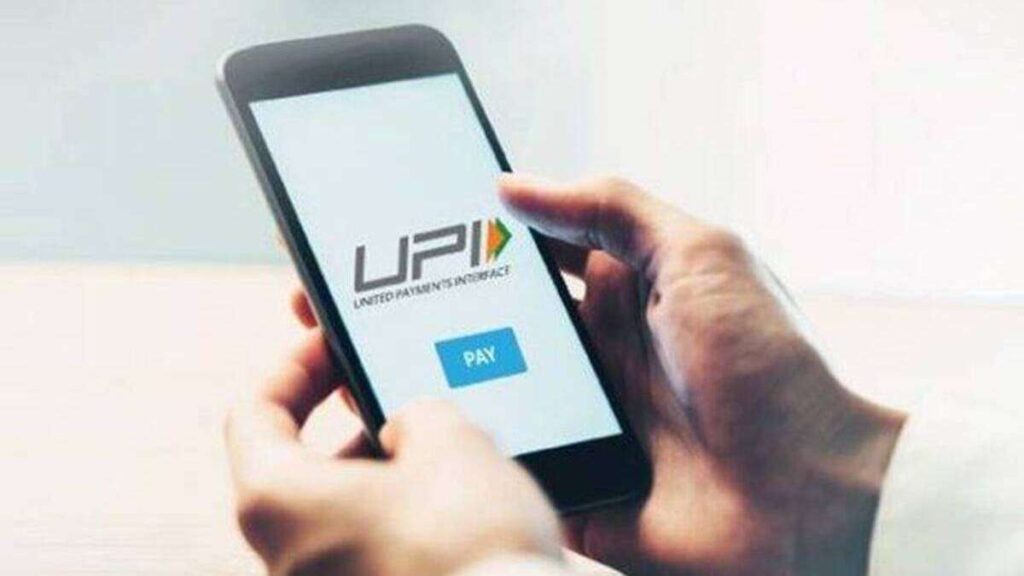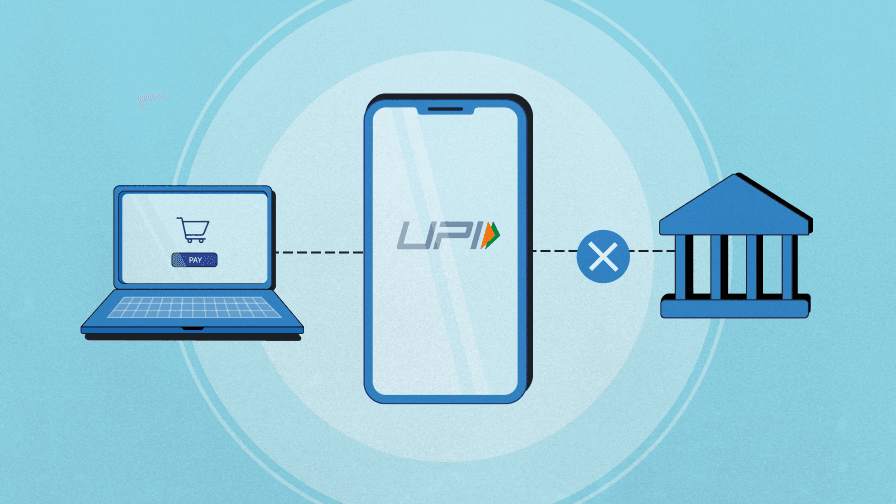
The Board of Directors of NPCI has established NPCI International Payments Limited (NIPL) with the approval of RBI. NIPL announced on Thursday that it has partnered with the Bank of Namibia (BoN) to help develop an instant payment system similar to the country’s Unified Payments Interface (UPI).
The partnership aims to leverage UPI India’s technology and experience to help modernize Namibia’s financial ecosystem. This includes improving accessibility, affordability, connectivity and interoperability with domestic and international payment networks.

Ritesh Shukla, CEO, NPCI International, said in a statement: “By adopting this technology, the country will dominate the digital payments space and ensure payment interoperability and adequate services. Those who are underserved will benefit from increased financial access.”
NPCI announced that the partnership with BoN aims to promote digital financial services and facilitate peer-to-peer (P2P) and merchant payment (P2M) transactions in India. Through this partnership, BoN will gain access to NIPL’s advanced technology and insights to help build a similar platform in Namibia to achieve the digital well-being of its citizens.
This initiative is in line with the World Bank Strategic Plan and NPS Vision and Strategy 2025 and deliberately adopts a central bank-led approach to minimize infrastructure costs for financial institutions, thereby ensuring the sustainability and affordability of the solution. said John. Gavaseb, the head of the Bank of Namibia.
Once operational, the platform will enable digital transactions in Namibia, promote financial inclusion and reduce dependence on cash by serving underserved populations.
Meanwhile, the number of Unified Payments Interface (UPI) transactions fell 1 percent to 133 billion in April compared to the previous month, according to a recent report by the National Payments Corporation of India (NPCI).
However, the number of transactions has increased by 50% compared to the previous year. According to NPCI data, trading volume was Rs 19.64 billion in April compared to Rs 19.78 billion in March. Despite this, it recorded 40% annual growth.
